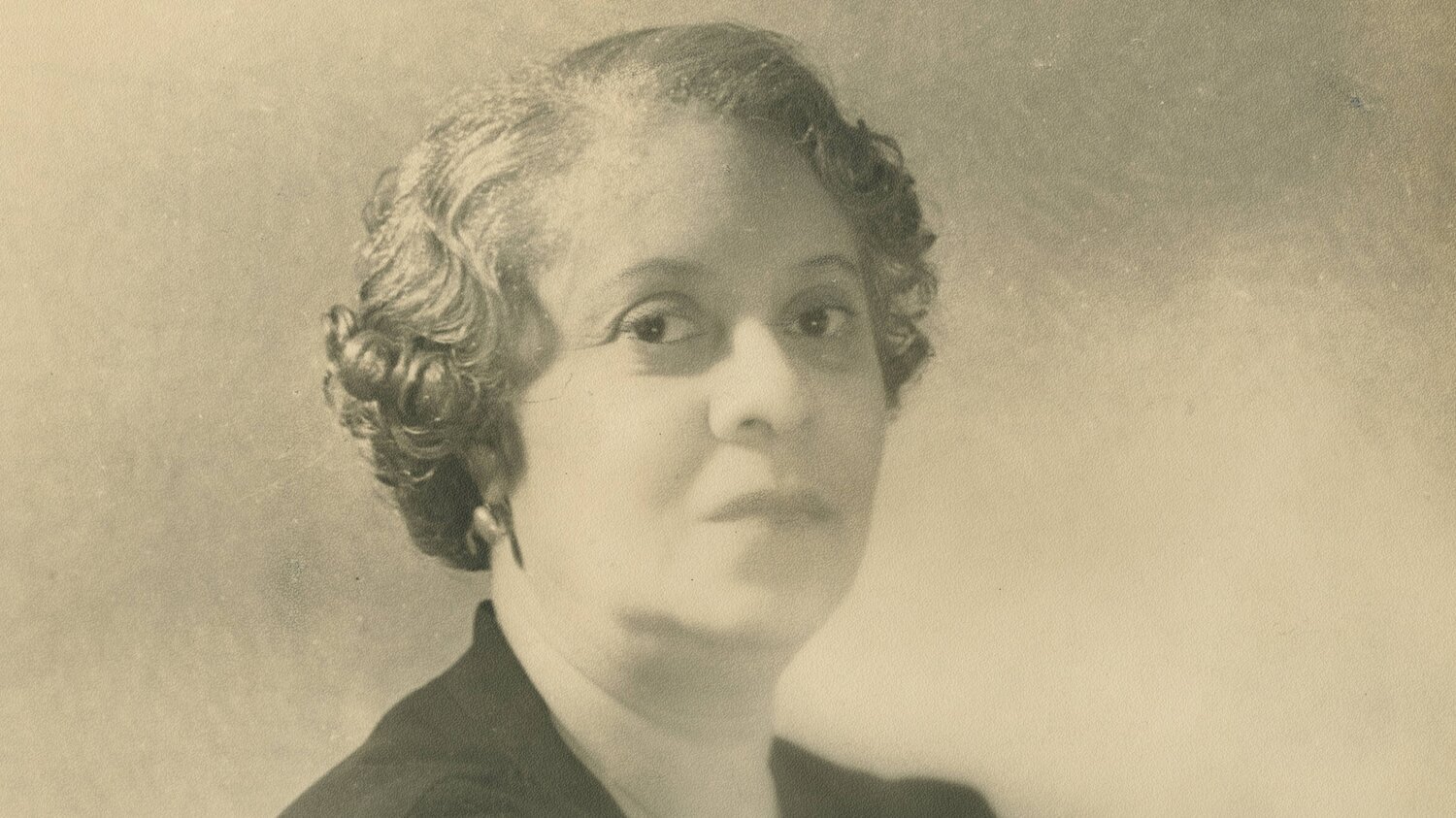Black music matters, too
Florence Price
Black lives matter. Black music matters, too.
What is a music-lover to think in these extraordinary times? More important, what is one to do?
We have given so much thought in the past three weeks to what might be an “official” statement from PPI about the awful circumstances of racial inequality, the indescribable horror of the murder of George Floyd, and others before and after him, and how the world has come unglued in the face of it all.
We have seen, too, that many of our sister arts-presenting agencies have published statements of unity to say that, indeed, as we vigorously agree, “Black Lives Matter,” albeit with pretty much the same vocabulary. Like them, knowing what we must do as people, we yet ache to discern what we might do as musicians and music-lovers that will have any real effect.
There is so much that must be done right away to care for neighbors who are really hurting and as much to do to take care of one’s own sanity in confinement. So many in our community are facing great challenges financially, especially when it comes to housing and putting food on the table. I sent out two more personal checks today. More sorrow is on its way, no doubt.
Music, itself, can’t fix those things. But, throughout ages, it has been one of the most powerful encouragers of people in hard times. Now is a good time for musicians to be generous with their craft. We hope to be just that.
On the way to sorting out all the above, I would like to suggest that it could be useful for all of us just to take a little time to learn more about the wonderful body of music that has come into being from African-American composers. There are much better scholars than me to tell you about jazz, the blues, gospel, and any other vernacular music. But there is a lot of what must be called classical African-American music, tragically largely unknown and quite deserving of attention. Some of it will even lift your heart in just the right way as the anxiety persists. I think today of some personal favorites, real giants of music.
William Grant Still, 1895-1978, with some 200 compositions, including five symphonies and nine operas, was often referred to as the “Dean of Afro-American Composers” and was the first American composer to have an opera produced by the New York City Opera.
Samuel Coleridge-Taylor, 1875-1912. An English composer and conductor of mixed-race birth, Coleridge-Taylor achieved such success that he was referred to by white New York musicians as the "African Mahler" when he had three tours of the United States in the early 1900s.
Florence Price, 1887-1953. As the first African-American woman to be recognized as a symphonic master and the first to have a composition played by a major orchestra, she was also a pianist, organist, and teacher.
Robert Nathaniel Dett, 1882-1943, Canadian-American composer, pianist, organist, choral director and professor was another of the great arrangers of spirituals, but composed widely outside that genre.
Harry Burleigh, 1866-1949. Burleigh was American classical composer, arranger, and professional singer known for his beautiful baritone voice whose arrangements of spirituals, published in collections, are very much part of any good voice teacher’s library today.
Margaret Bonds, 1913-1972, composer and pianist, gained recognition early on throughout the United States and is still remembered for her frequent collaborations with poet Langston Hughes. The harmonies in her arrangement of “He’s Got the Whole World in His Hands” can still make me cry.
Julia Perry, 1924-1979, Julia Amanda Perry, with 12 symphonies and two piano concertos among other works in her oeuvre, was an American classical composer and teacher who combined European classical and neo-classical training with her African-American heritage.
Undine Smith Moore, 1904-1989, Undine Eliza Anna Smith Moore, the "Dean of Black Women Composers," was a notable and prolific American composer and professor of music in the twentieth century. Originally trained as a classical pianist, she developed a compositional output of mostly vocal music, her preferred genre but many instrumental works, as well. Her powerful and dissonant piano piece from 1953, “Before I’d Be a Slave,” amply deserves a hearing, particularly right now.
Ulysses Kay, 1917-1995, a student of Paul Hindemith and a Fulbright scholar in Rome, Kay is known for writing in a neo-classical style. He composed several operas, most notably one on the life of abolitionist “Frederick Douglass,” completed in 1985.
Bonus: Selection from Kay’s “Frederick Douglass” opera as part of a larger event, “From Emancipation to the Great Migration” that took place in NYC in 2013.
J. Rosamond Johnson, 1873-1954, a noted composer of the “Harlem Renaissance,” Johnson wrote the splendid song, “Lift Every Voice and Sing,” with lyrics by his poet brother, J. Weldon Johnson, which is now considered to be the “Black National Anthem.”
And, that list is woefully incomplete. There are so many more and I haven’t even examined contemporary Black composers in this piece. I will hope to get onto that soon.
Meanwhile, keep up the good work on striving for justice. We have so much to do. I hope that some of this music cited above might be just the tonic you need.
—
Bill Crane
Executive Director, Portland Piano International
JUNE 25, 2020

